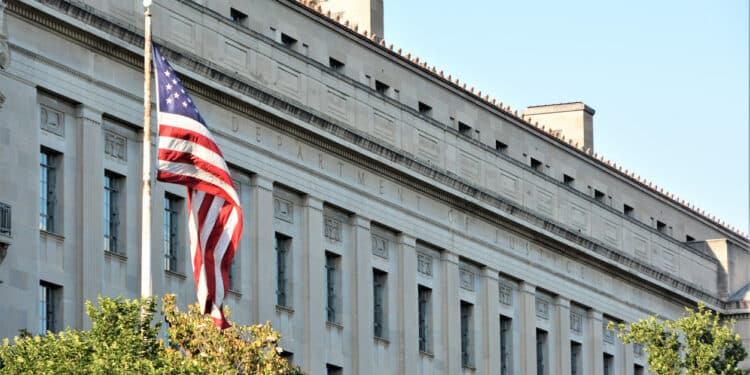According to one leading whistleblower attorney, the new pilot whistleblower program announced on March 7 by the Department of Justice (DOJ) has several flaws which need to be addressed in order for the program to be effective.
“The DOJ has miles to go in establishing a whistleblower program that’s on par with programs at the Securities and Exchange Commission and the Commodity Futures Trading Commission,” writes Stephen M. Kohn, a founding partner of Kohn, Kohn & Colapinto. “The program… outlined actually conflicts with many of the essential features of these programs that are critical to their success.”
Kohn wrote an article for Bloomberg Law outlining the issues with the DOJ’s plan after Deputy Attorney General announced that the DOJ would be looking to make a more comprehensive whistleblower award program.
While the exact specifics of the program are still to be determined, Kohn points to several flaws already apparent with the DOJ’s plan.
First, he highlights the lack of a central whistleblower office and the DOJ and the absence of anonymous reporting channels, despite the fact that the AML Act of 2020 requires the DOJ to establish such channels.
“The delay speaks to persistent anti-whistleblower sentiment within the DOJ,” writes Kohn.
Kohn also states that the DOJ’s plan to disqualify whistleblowers who were engaged in the misconduct is a “major flaw” and a “fundamental misunderstanding of what makes whistleblower award laws so successful.”
“It’s a core tenet of successful whistleblower programs that individuals participating in the wrongdoing are the ones with the best information and in the best position to assist in successfully prosecuting the key players in it,” Kohn explains.
Lastly, Kohn explains how the statute the DOJ is planning on using to issue awards is deeply flawed because awards are discretionary and cannot be appealed in court. These shortcomings are not found in any successful award laws according to Kohn.
“There is an alternative approach,” Kohn writes. “It starts with making the current laws work better. As mentioned above, the DOJ has not even implemented a mandatory anonymous filing process for money laundering disclosures.”
Kohn sees the DOJ’s implementation of an anonymous filing process as one of the seven most urgently needed whistleblower reforms. National Whistleblower Center (NWC), where Kohn serves as Chairman of the Board, has issued an Action Alert calling on the SEC to revise its rulemaking.
Join NWC in Taking Action
Further Reading:
DOJ Must Fix Flaws in Whistleblower Award Plan to Motivate Tips


